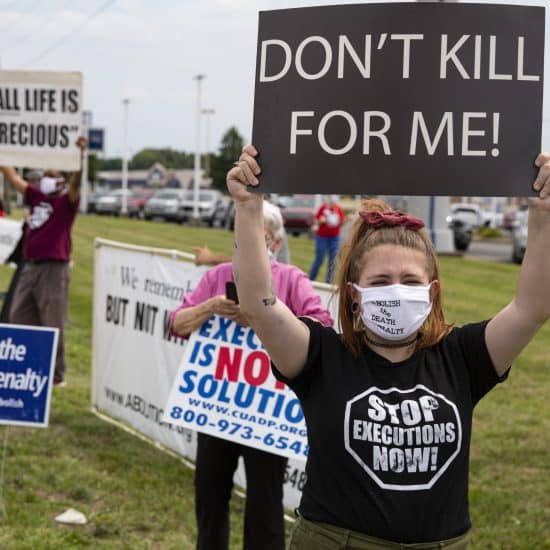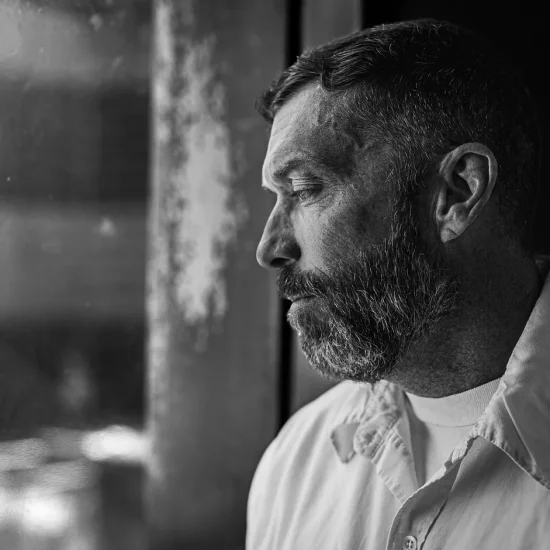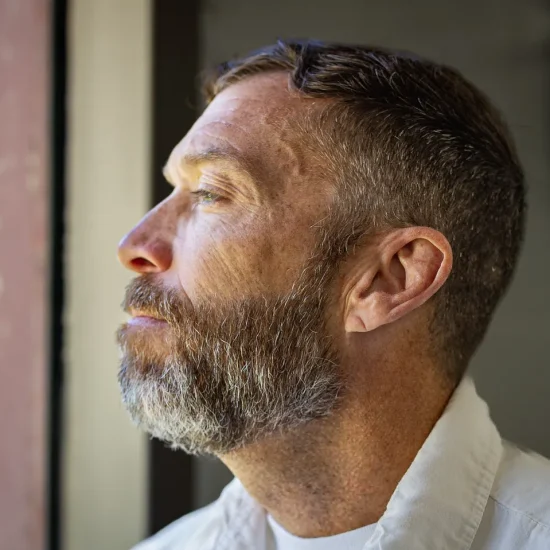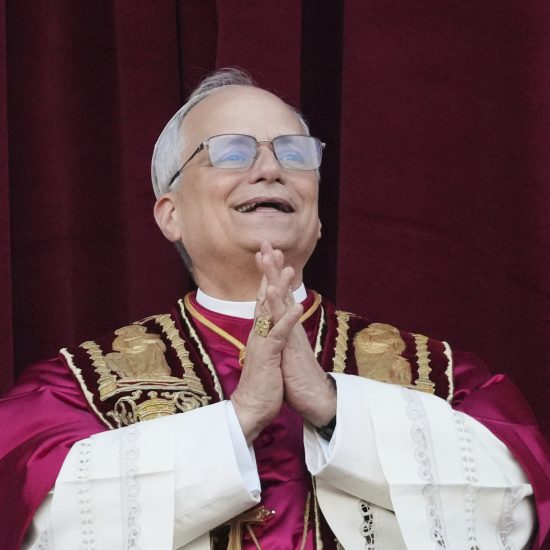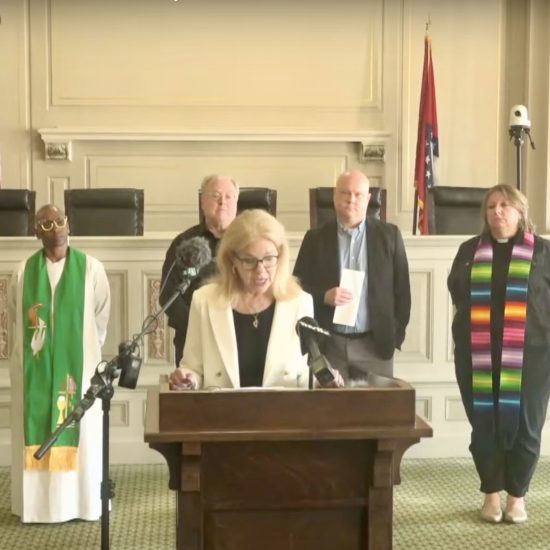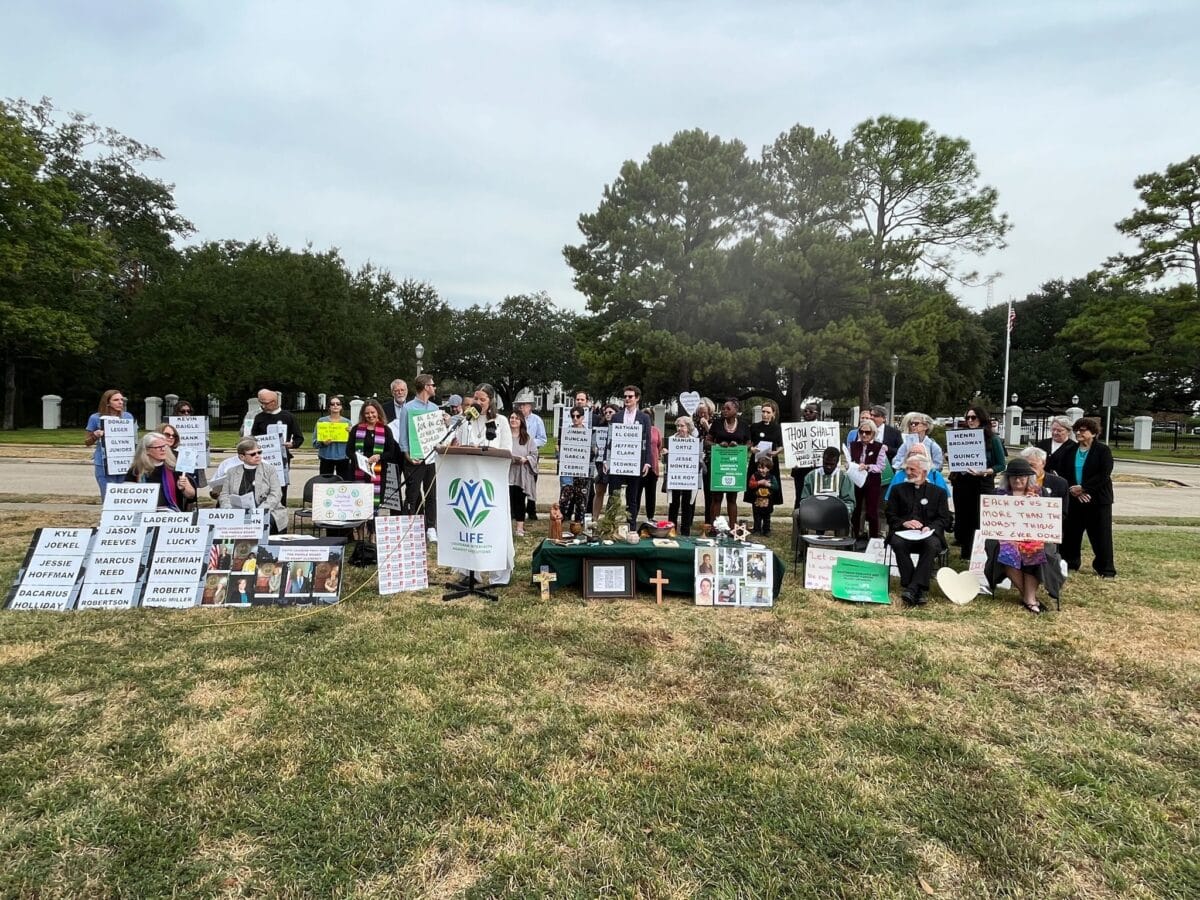
To commemorate World Day Against the Death Penalty on Tuesday (Oct. 10), a number of prominent religious leaders gathered in front of the Louisiana Governor’s Mansion in Baton Rouge to urge clemency hearings for 55 people on the state’s death row. Though Gov. John Bel Edwards, a Democrat, called for the elimination of the death penalty in his final state of the state address in April, an unconventional lawsuit filed by state Attorney General and Republican gubernatorial candidate Jeff Landry resulted in a settlement that threatens the clemency process unless the governor intervenes and issues an order requiring hearings.
Louisiana, along with 26 other states, still permits the death penalty — though the state has only executed one person in the last two decades.
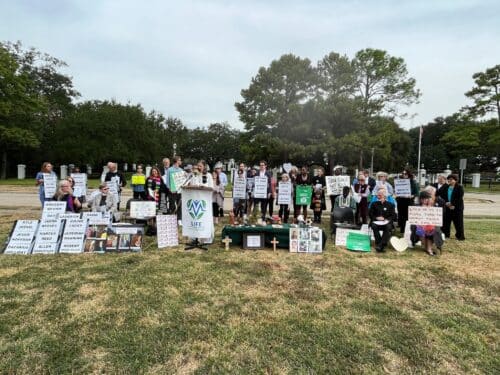
Religious leaders and other advocates outside the Governor’s Mansion in Baton Rouge, Louisiana, gathered to pray for mercy and life for all death row petitioners and for peace and solace for victim family members. (Courtesy of The Promise of Justice Initiative)
“Every other time in the 40 years I have worked to educate and rouse the people to the death penalty I’ve been before this Mansion, it has always been about death. It has always been about quoting the law about why these human beings had to be killed, without exception,” said Sister Helen Prejean, the nun and anti-death penalty advocate famous for authoring the book Dead Man Walking. “Today was the only day where the talk was about possible mercy.”
Prejean added that they were all gathered because the only avenue open for mercy in the whole criminal legal system is through governors of states. She is currently in the process of suing the Louisiana Board of Pardons because they held a secret meeting on Sept. 29 to thwart clemency hearings, in possible violation of Louisiana’s Open Meetings Law.
Also speaking at this gathering was Bill Quigley, who served as director of the Law Clinic and the Gillis Long Poverty Law Center at Loyola University New Orleans for more than 30 years.
“At the center of our faith traditions, is the belief in the sanctity and inherent dignity of the human person. This dignity cannot be violated. This dignity cannot be lost even after the commission of a serious crime,” he preached. “The death penalty, on the other hand, offers permission for the view that some people do not deserve the respect of human dignity given by God. … [This] is a rejection of the power of God’s love to transform people’s lives and is a rejection of … the gift of life and grace.”
Rev. Michael Duca, bishop of the Catholic Diocese of Baton Rouge, added to this sentiment: “I believe that we need to approach this not just as a political matter, even a law and order matter, but as a principle of what it means to be a disciple of Jesus Christ. Jesus said to love one another as I have loved you. And on the cross, he looked at us and said, ‘Father, forgive them. They know not what they do.’ We can do no less but to plead and to act and grant these prisoners on death row clemency.”
The leaders also emphasized the importance of garnering public support for their cause.
“It’s going to depend on you going back to your congregations and to your churches,” Joe Morris Doss, a retired Episcopal bishop told those gathered. “It’s the people we’ve got to convert, not a governor. This governor is with us — the next one may very well not be. But if we convert the people, this will happen.”
After many prayers and songs, Rev. Alexis Anderson of PREACH and Leigh Rachal of the Louisiana Interchurch Conference read a litany of the names of each person currently on death row in Louisiana, ending with “For all who are incarcerated, we say hear our prayer. And for all the victims’ family members, for all harms and crimes, we say grant them peace.”
A concluding prayer from Prejean helped to summarize all that had come before: “God of compassion, you let your rain fall on the just and the unjust. Expand and deepen our hearts so that we may love as you love, even those among us who have caused the greatest pain by taking life, for there is in our land a great cry for vengeance. … Jesus our brother, you suffered execution at the hands of the state, but you did not let hatred overcome you.”
As the event concluded, everyone gathered around the microphone to sing “Woke Up This Morning (With My Mind Stayed On Freedom),” a civil rights movement song adapted in 1961 from an old gospel song.

